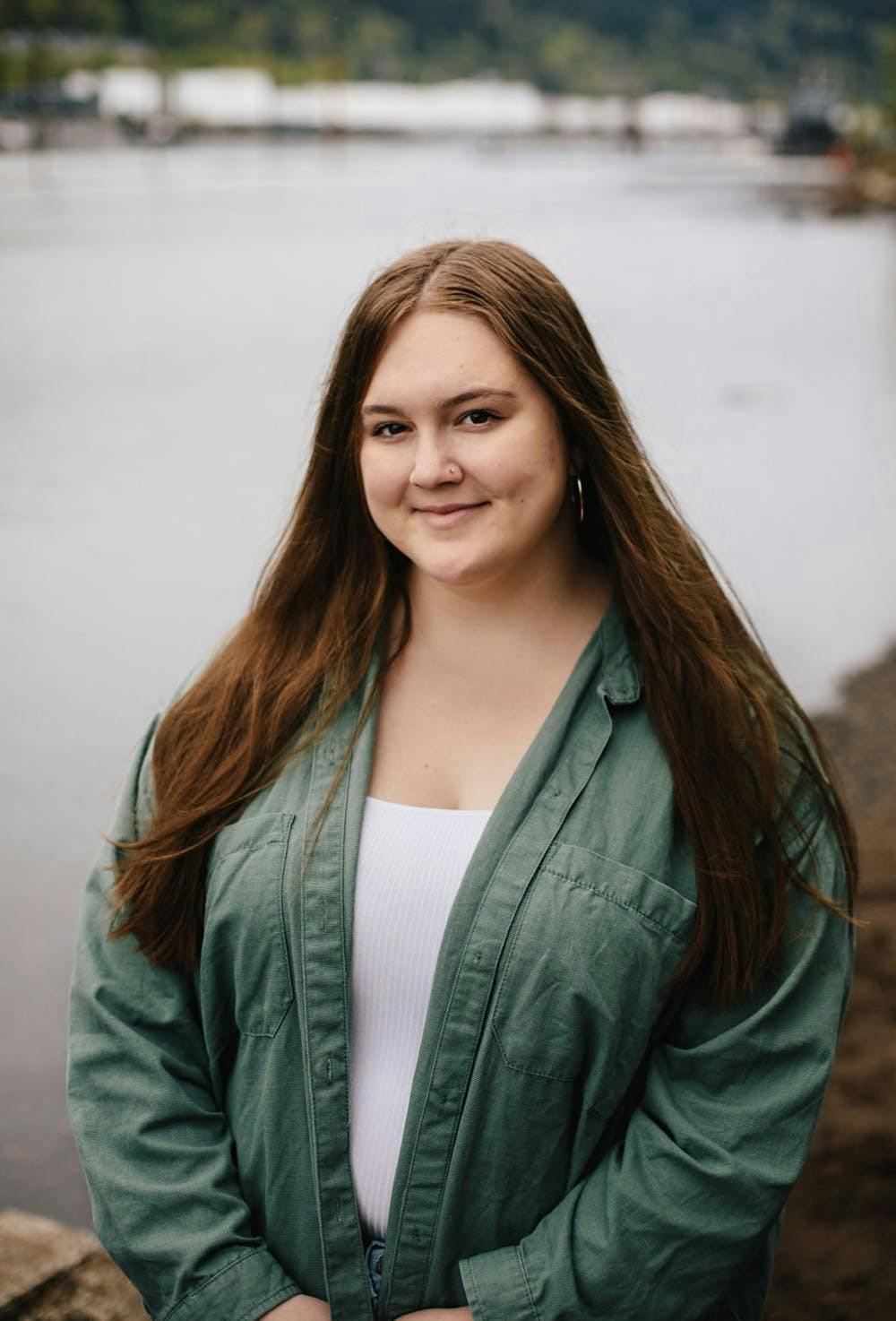On July 26 and again on Aug. 29, Senate Minority Leader Mitch McConnell appeared to freeze while speaking at news conferences. At 81 years old, Sen. McConnell is not even the oldest member of Congress.
Congress’ oldest member, Sen. Dianne Feinstein, who turned 90 in June, has also faced health issues that have impacted her role. After being diagnosed with shingles in March, Feinstein stepped back from her Senate duties. She faced calls to resign from fellow Democrats who desperately need a present and coherent Senate official while they face an incredibly slim majority. In December 2022, Sen. Feinstein even broke the 80-year tradition of the most senior majority senator to be president pro tempore of the chamber, as well as third in line for the presidency, declining the position due to health issues.
Despite the obvious problems old age causes in congressional roles, high-ranking officials’ physical and mental conditions are not the sole concern. The other piece of the puzzle is that there are no term limits for members of Congress. For example, 89-year-old Sen. Chuck Grassley of Iowa assumed office in 1981 and has held his office for 42 years. Shockingly, this is not a rare occurrence. 16 out of 100 Senators and 53 out of 435 House representatives have served for at least 20 years in their positions.
The negative impacts of politicians staying in office for decades are pervasive, but they affect American University students and young people in a special way. The School of Public Affairs alone educates over 1,900 students, many of whom aim to work in politics, for example, by running for seats or staffing for members in Congress. Senior members of Congress refusing to step down from their positions results in a lack of change, diversity and opportunities for younger people who have political aspirations. Politicians who have been in office for a long time choose to stay in office to retain power, refusing to show what they consider “weakness” in the political sphere.
This idea that politicians who retire are weak harms the younger generation in many ways. Older politicians are more likely to focus on issues that affect the senior population rather than the problems that young people are concerned about, like climate change. One of the largest activist organizations on campus is Sunrise Movement AU, a group in support of the Green New Deal. Nowhere on campus are there advocacy groups dedicated to Social Security or prescription drug costs. Older politicians do not represent their young constituents, who at AU are some of the most politically active in the country. Most members of Congress are generally more well-versed and willing to speak on topics that impact themselves and their own generation. For older people, this could be retirement benefits, whereas younger people could focus more on student debt. While these issues are important, issues concerning young people desperately need uplifting and are instead shoved under the rug.
The average member of Congress’ age is higher than it’s ever been: 59 years old. The real solution to this problem facing the country, however, isn’t age limits. The answer is term limits.
Congress shouldn’t have the power to determine the exact age that is “too old” to work. Defining that limit is a task that cannot be taken lightly when we’re talking about excluding an entire group of people from working in politics. Term limits, however, are standard procedure.
The presidency has a two-term limit. The rest of the government should follow suit, especially on the federal level. Not only would term limits help avoid the issue of incumbents winning reelection at a 94 percent rate — which limits choice and democratic process — but they also would open opportunities for young people, such as AU students and alumni, to pursue careers in government without people like Chuck Grassley, Mitch McConnell or Dianne Feinstein hindering them with a virtual “monopoly” over their seats.
Alana Parker is a sophomore in the School of Public Affairs and School of Communication and a columnist for The Eagle.
This article was edited by Jelinda Montes, Alexis Bernstein and Abigail Pritchard. Copy editing done by Isabelle Kravis and Leta Lattin.





